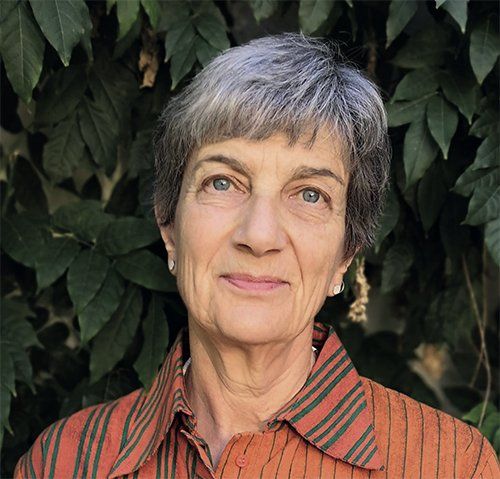From Dreams to Reality

Non-Executive Director on the UK’s National Commission for UNESCO, Through my role as a Non-Executive Director on the UK’s National Commission for UNESCO, I am familiar with UNESCO’s Associated Schools Network (ASPnet) whose work contributes to the UN’s Sustainable Development Goal 4 on Education for All. This unique network could become the route for supporting children (and girls in particular) across Africa to follow up N*Gen’s activities and explore ideas for their futures that involve Science - it would be so good to turn this dream into a reality.
Purpose
UNESCO’s Institute for Statistics
says; “less than 30% of the world’s researchers are women ... to truly reduce the gender gap, we must go beyond the hard numbers and identify the qualitative factors that deter women from pursuing careers in science, technology, engineering and mathematics”. No-one says this will be easy. With insecure livelihoods, scarcity of basic resources such as clean water, people are challenged to ensure their families are housed, healthy and educated - exacerbated by the pandemic. This makes it hard to prioritise the ambitions of young girls and sadly, we know this is inevitable for many living in Africa. However, doing something about it need not be.
Peripheral Vision International (PVI), rooted in Uganda and Tanzania with a North American base, decided to contribute proactively in this arena. Inspired by generations of children’s science shows e.g. “3-2-1 Contact”, “NOVA” and “Cosmos” Dr. Joy Kiano, N*Gen’s Global Ambassador said; “We can make Science TV programmes that show how exciting Science is AND what girls can do alongside boys”. PVI found donors to support a pilot season and N*Gen was born.
Connection
Educational broadcasting for children is complex as to succeed, programmes must connect quickly and directly with them and do so with consistency, clarity and energy. It’s notoriously tricky to win and keep children’s attention, especially if concentration is involved and it is not schooltime. Each element of content has to deliver its promises. Children have little patience if they don’t feel involved and one key to this is for them to see their peers actively engaged on their screens. When this all-important connection really has been made, children will be loyal, especially if they feel welcomed into a wider community of viewers like themselves.
Belonging
Thanks to the popular film, “Hidden Figures”, many learned for the first time about the pivotal work of 3 female African-American mathematicians working at NASA as the brains behind John Glenn’s launch into orbit. The task is both to inspire children and shift the balance so that it becomes unremarkable to depict women at work in scientific arenas. N*Gen programmes have a straightforward approach with role models washed across each programme and young girls asking experts questions. This doesn’t exclude boys, they are represented and equally engaged, it’s simply that girls take the lead. Similarly, the majority of the expert ‘explainers’ are women and uniquely, all the expert Scientists are African.
Alongside Akim Mogaji, I’m a partner in New Media Networks (an international media company delivering content, training, research and evaluation). PVI commissioned us to distribute the programmes to broadcasters across Africa, write Season 2 and evaluate N*Gen’s Season 1 where a key request from parents and care-givers was for Science clubs to be established around the programmes. The now vast community of N*Gen’s young viewers across Africa could be strengthened between episodes through participating in activities they’ve seen modelled in the programmes. However, this is not straightforward if children don’t have easy access to resources for making items and little autonomy or agency to bring things about.
First published in Engage 23.




